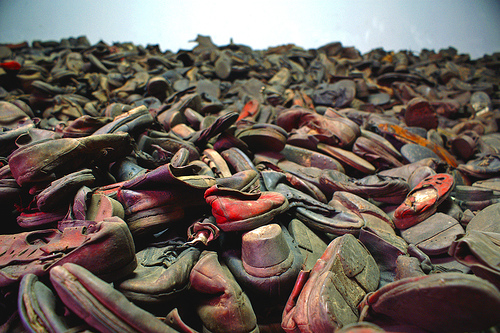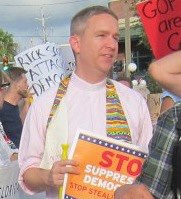Things don’t just happen in a vacuum. The Magi don’t come to Jesus without causing a stir, and Samuel doesn’t become, well, Samuel without a mother.
Of course Samuel’s mother is keeping her promise at all costs. A son she sees growing up but once a year, not the joy of many mothers I know, but she made a promise, and she will keep it.
Of course the Magi also agreed (implicitly if not explicitly) to tell Herod about where they found the baby. And they justifiably didn’t.
For everything there is a season, even a time to do the “wrong” thing. Samuel grows up well because of the care of others. Jesus grows up because of the watchful protection like that given by the Magi. It is not WHAT people do in either of these stories, but why they do it. They do what they discern is right regardless of the expectations of others.
The idea that there is one way to live this life is one of the biggest fictions in our lives. The faithful life we are called to is one of constant discernment–one where we cannot know what is coming or how what has come truly affects us or the world.
When the writer of Ecclesiastes says to enjoy and take pleasure in all of our living, there is the underlying theme of not trying to be perfect, not trying to not do things exactly according to the rules, but rather to do things as faithfully as possible, realizing that sometimes the hard decisions don’t have right answers and sometimes things just aren’t going to make sense.
But when we follow the star, when we follow our deepest desires and seek that which God has placed within us, we will do what we can to find the Kingdom on earth. And that is something always in season.
A reflection by Adj Williams.

Adj is the Director of Educational Ministries at Harbor View Presbyterian Church. Adj tweets at @keepsetting and blogs at http://keepsetting.blogspot.com











